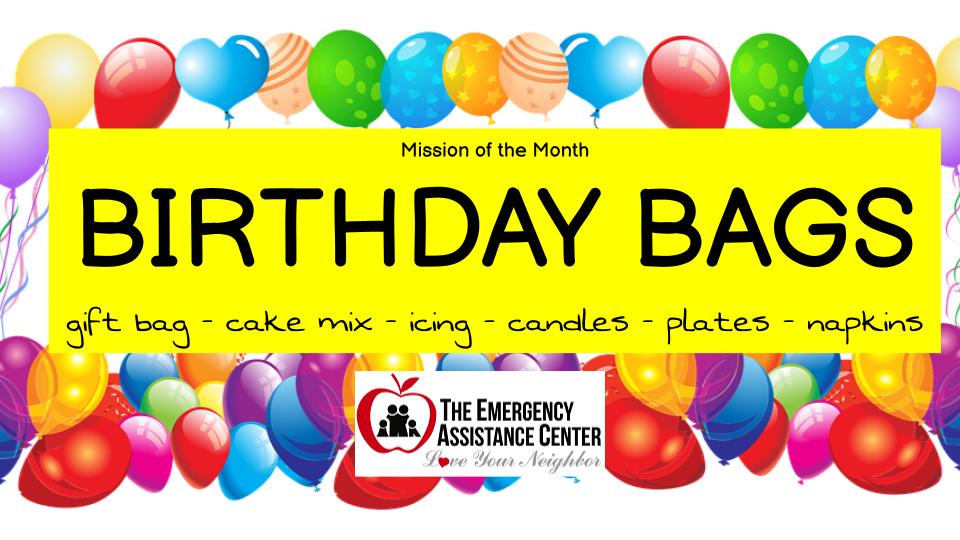Beloved, let us love one another, for love is of God; and everyone who loves is born of God and knows God. (1 John 4:7)
Beloved, if God so loved us, we also ought to love one another. (1 John 4:11)
The Apostle John in the verses quoted above is laying for us a foundation for being a Welcoming Church. A love for one another that reflexively acts in a reflection of the love God has for each of us. This is not only the basis, but also the highest aspiration of a community of believers.
We live in a world that loves postering, postering that we have the “virtues” that puts us above those around us. Whether it is the 38 ribbons we are to display on our lapels that show our concern for the “cause du jour,” or the symbols on our social media accounts that announce our devotion to the herd. All this is called virtue signaling, and it is one of the most prevalent forms of hypocrisy trending in our culture.
The spiritual quest for us is how do we show genuine concern and love for others. John gives us the path; we respond to others the way God responded to us. It is God’s love that is the power and source of our love for others. God’s love is not a sentimental love. God’s love is an active love, a love that works whenever it is demonstrated.
“One Another” passages in the Epistles of the New Testament are a fascinating study. Each one is based on the love of God given to us in Christ but looks at relationships within the church and our lives from a variety of angles. Search through them and let me know which ones you find addressing something in your life.
Pastor Greg




